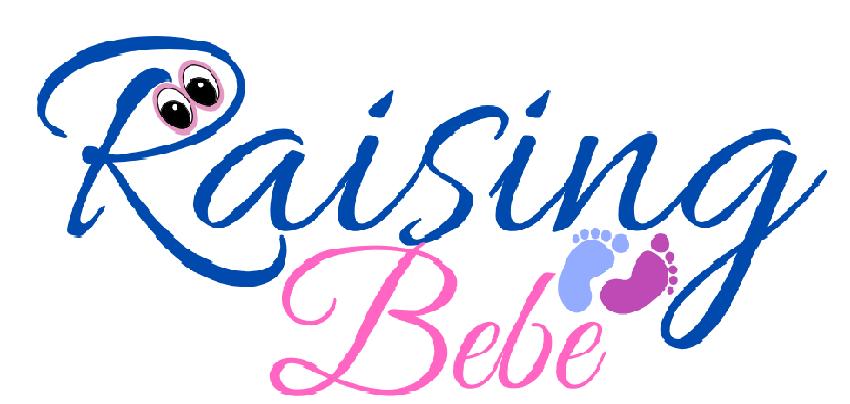Positive parenting plays a crucial role in shaping the behavior, emotional well-being, and social skills of children. For kids aged 5 to 12, it is especially important to adopt strategies that foster trust, communication, and resilience. By focusing on positive reinforcement, setting clear expectations, and encouraging independence, parents can guide their children through these formative years. In this guide, we’ll explore Positive Parenting Tips for Ages 5-12, helping you create a supportive environment that nurtures their growth and development.
Effective Positive Parenting Strategies for Children Aged 5-12
Parenting children between the ages of 5 and 12 presents unique challenges and opportunities. During this period, children are developing essential skills, both emotionally and socially, that will shape their future. To guide your child effectively, it’s crucial to adopt positive parenting strategies that focus on encouragement, open communication, and setting clear boundaries.
- Promote Positive Reinforcement
Focus on rewarding good behavior rather than punishing bad behavior. Praise your child for their achievements, whether big or small. This helps them feel valued and encourages them to repeat positive actions. - Establish Consistent Routines
Children thrive on structure and consistency. Create a routine that includes time for schoolwork, play, chores, and family activities. Predictable schedules help your child feel secure and understand what is expected of them. - Foster Independence and Responsibility
Encourage your child to take on age-appropriate responsibilities, like managing their schoolwork or helping with household chores. This boosts their self-confidence and teaches them valuable life skills. - Create Open Lines of Communication
At this stage, children are learning to express themselves more effectively. Listen actively to their concerns and validate their feelings. Foster an environment where they feel safe to talk about anything on their minds.
Guiding Your Child: Positive Parenting Tips for Ages 5-12
As a parent of a child between the ages of 5 and 12, you are in a key position to influence their emotional development and overall well-being. This phase is full of opportunities for positive growth, and as a parent, you can make a lasting impact by applying positive parenting techniques that focus on empathy, guidance, and consistent discipline.
- Be a Role Model
Children at this age observe and imitate their parents. Demonstrate the behaviors you want to see in your child, such as kindness, patience, and problem-solving. Modeling good behavior helps children understand how to navigate the world around them. - Set Clear Expectations and Boundaries
Children need to know what’s expected of them, and it’s important to set clear rules and boundaries. Be firm but fair, and ensure that consequences for misbehavior are consistent and constructive. - Encourage Emotional Intelligence
Teach your child to identify and express their emotions in healthy ways. Use age-appropriate conversations to help them understand how to manage feelings like frustration, anger, or sadness. - Foster a Growth Mindset
Encourage your child to see challenges as opportunities for growth. Praise their effort rather than focusing solely on the outcome. This helps them develop resilience and a positive attitude toward learning and personal growth.
In conclusion, Positive Parenting Tips for Ages 5-12 are essential in shaping your child’s growth and development during these formative years. By applying strategies like positive reinforcement, fostering independence, and maintaining open communication, you create a supportive environment where your child can thrive. The key is to balance structure with emotional guidance, empowering your child to develop important life skills, resilience, and confidence. Remember, positive parenting not only helps your child succeed but also strengthens the bond between you and your child, making these years a rewarding experience for both. For more insights, visit the American Psychological Association on Parenting.

